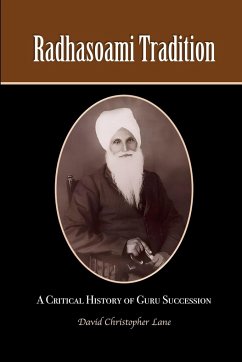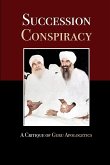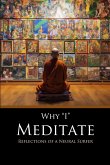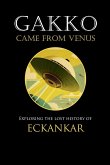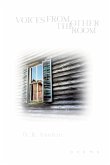The Radhasoami Tradition is an important contribution to several scholarly literatures: on Southeast Asian studies; the sociology of religion, and the sociology of politics. Dr. Lane has gathered a truly impressive array of data on the process of choosing a new guru in the Radhasoami tradition. No serious scholar of Indian religion can ignore Lane's work. The data he has collected will be the building blocks for all future research on this area. To this data, David has applied a very insightful, original conceptual framework combining elements of Weberian theory on the transmission of charisma, of phenomenological theory on the sociology of experience, and the theories of "ideological work" developed by Bennett Berger. The result is the kind of scholarship that deeply respects the authenticity of the religious experience of the Radhasoami community while at the same time making it possible to understand that experience in the context of cultural processes and organizational dynamics common to many different religious communities. --Professor Madsen, Co-author of Habits of the Heart The Radhasoami Tradition is one of the best works I have read in many years in the field of modern religion and society. Its great strength, I feel, is its understanding of the concept of authority in the Radhasoami tradition and in religious communities in India in general. At no greater time is this concept tested and honed than in the process of succession from one spiritual master to another. These are often difficult moments for the Radhasoami communities, and for this reason inside knowledge about guru succession is very difficult to obtain. Dr. Lane not only has this information, he has it in abundance. He is able to work with this vast knowledge of Radhasoami history and make useful sociological observations on the basis of it. --Professor Juergensmeyer, Author of Radhasoami Reality The Radhasoami Tradition is a masterful work. Dr. Lane demonstrates the dynamics and history of Indian religious movements in the Hindu tradition and provides a basis for comparative analysis. Building on the classics in the sociology of religion and new studies of religious movements, Dr. Lane skillfully show how religious traditions are maintained in the midst of change, conflict, and negotiation. --Professor Jules-Rosette, Author of The New Religions of Africa

